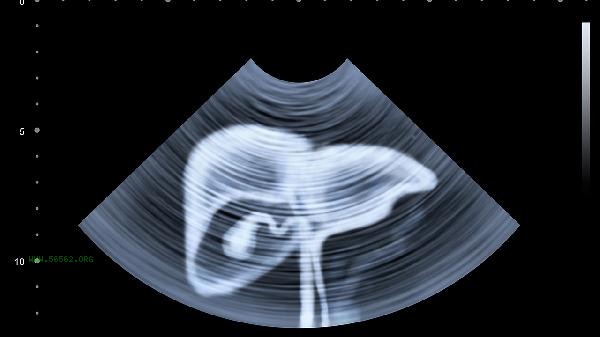Abdominal muscle strains are usually caused by sports injuries, sudden exertion, improper posture, muscle fatigue, external impact, and other reasons. Abdominal muscle strain is mainly characterized by local pain, swelling, restricted movement, and other symptoms. In severe cases, muscle spasms or bruising may occur.

1. Sports injuries
High intensity exercise or repetitive movements can easily lead to excessive stretching of abdominal muscles, commonly seen in abdominal training such as sit ups and abdominal rolls. insufficient warm-up before exercise can reduce muscle elasticity and increase the risk of strain. Irregular movements during exercise may also cause unilateral muscle overload, leading to local muscle fiber tearing.
2. Sudden exertion
When carrying heavy objects or performing explosive movements, sudden contraction of abdominal muscles may exceed the tolerance limit. This situation is common among people without a physical foundation who engage in physical labor, or when athletes continue training while fatigued. The rectus abdominis and external oblique muscles are most susceptible to injury during rapid twisting movements.
3. Improper posture
Long term poor sitting or sleeping posture can cause abdominal muscles to be in a tense state. Sitting for long periods of time with hunchback in the office may cause chronic abdominal strain, and body twisting during sleep may also lead to muscle stiffness and pain in the morning. These situations can reduce muscle tensile strength, and even slight external forces can cause damage.

4. Muscle fatigue
Continuous exercise leads to the accumulation of muscle metabolites, making it easier to strain when the contraction function decreases. professional athletes are prone to such problems in the later stages of the season, and fitness enthusiasts who overtraining can also experience similar situations. Under muscle fatigue, the repair speed of muscle fibers slows down, and slight stretching may cause microscopic damage accumulation.
5. External impact
Direct violence such as traffic accidents and sports collisions may cause abdominal muscle contusions or tears. This type of injury is often accompanied by subcutaneous bleeding and obvious tenderness, and in severe cases may be accompanied by visceral injury. Adversarial sports such as football and basketball are more common, and accidental falls in daily life may also cause it. After abdominal muscle strain occurs, activity should be stopped immediately. In the initial stage, ice compress can be used to relieve swelling, and after 48 hours, hot compress can be used to promote blood circulation. Moderate stretching exercises should be performed during the recovery period to help with muscle repair, but attention should be paid to controlling the amplitude to avoid secondary injuries. Daily core muscle training should be strengthened to enhance muscle endurance, and sufficient warm-up and relaxation should be done before and after exercise. If the pain continues to worsen or symptoms such as fever appear, seek medical attention promptly to rule out other serious injuries. Maintaining regular exercise habits and correct posture are key to preventing abdominal muscle strains.









Comments (0)
Leave a Comment
No comments yet
Be the first to share your thoughts!